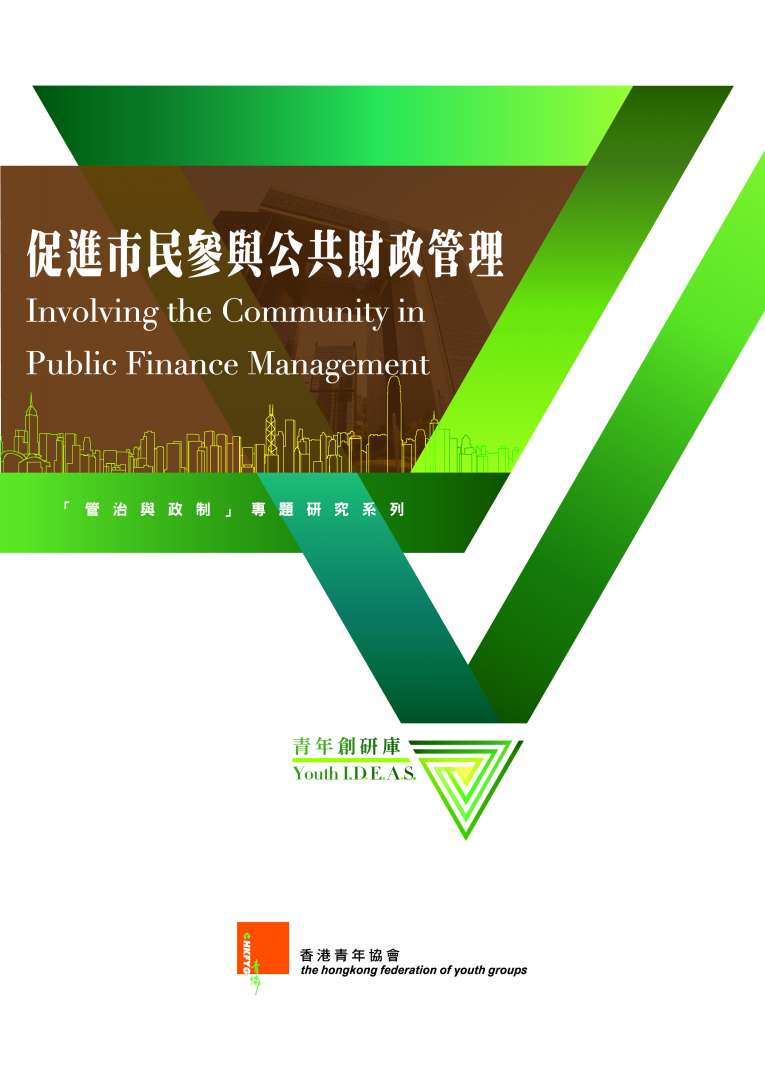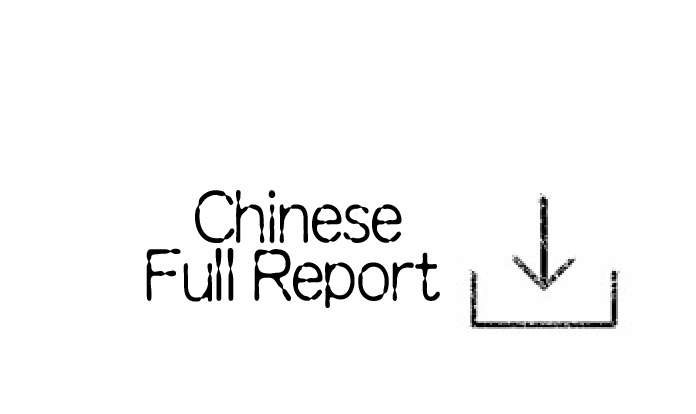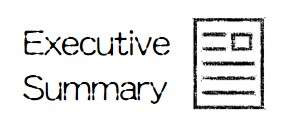Involving the Community in Public Finance Management
Youth I.D.E.A.S. 37
Governance and Constitutional Development
Involving the Community in Public Finance Management
20 December, 2018
 The process of public finance management is how the government uses and distributes resources. Effective management of public finances is beneficial to the stability and sustainability of society. To support this, effective public participation can help to not only strengthen government policy legitimacy but also aid in building public trust in the government. Various governments and institutional organizations around the world value the importance of, and actively seek, public participation in aspects of public finance management. This includes topics as wide-ranging as the disclosure of financial information; strengthening of monitoring systems, and encouraging public suggestion on the partial allocation of governmental budget. As a consequence, by establishing and aligning resource allocation with public expectations (based upon citizens’ requirements and needs), the conditions that lead to, and helps maintain, good governance are positively promoted.
The process of public finance management is how the government uses and distributes resources. Effective management of public finances is beneficial to the stability and sustainability of society. To support this, effective public participation can help to not only strengthen government policy legitimacy but also aid in building public trust in the government. Various governments and institutional organizations around the world value the importance of, and actively seek, public participation in aspects of public finance management. This includes topics as wide-ranging as the disclosure of financial information; strengthening of monitoring systems, and encouraging public suggestion on the partial allocation of governmental budget. As a consequence, by establishing and aligning resource allocation with public expectations (based upon citizens’ requirements and needs), the conditions that lead to, and helps maintain, good governance are positively promoted.
In Hong Kong, the underlying principles of the Government’s management of public finances are enshrined in the Basic Law. These principles include the Government, in determining its budget, striving to achieve fiscal balance (i.e. keep expenditure within projected Revenue, thereby avoiding deficits), and matching the growth rate of its Gross Domestic Product[1].
In recent years, the Hong Kong Government’s coffers have been healthily growing. This can be seen in the fiscal surplus and reserve both reaching record highs in FY2017-18[2]. Despite this, a local survey in 2018 noted that 50% of citizens polled were dissatisfied with the government’s monetary strategy[3]. This is significantly higher than the findings collected in 2008 (12%). In addition, the disparity between the rich and poor of the city is still serious[4].
Furthermore, in each of the past 10 years, the number of budget submissions collected from the public during the Budget consultation period has varied greatly; from about 1,000 to more than 6,000[5].
Proper use of public assets and precise management of public finances are important to good governance. Indeed, public finance management is more than a process of calculations with figures and numbers. It affects: citizens’ livelihoods and social development; younger generations; and reflects the government’s beliefs on public policy. Chief Executive Carrie Lam has mentioned that the current-term Government values good governance and new fiscal philosophy[6].
This research study aims at understanding the views and values of young people (aged 18-34) towards public participation in public finance management in Hong Kong. The study also makes reference to overseas’ experiences and has sought views from local scholars and experts. It is also hoped that this study will provide practicable measures to: improve citizen participation in the realm of public finance management; motivate young people to be actively and positively involved in the community; and enlighten the HKSAR Government about good governance.
In conducting this research, data was collected through an on-site survey of 520 Hong Kong-based young people from October to November 2018. Five parallel discussion groups were also conducted with a total of 24 young people. In addition, five scholars and experts were interviewed during the same time period.
Discussion
- The value of public participation in the public finance decision-making process was greatly recognized by the respondents. The allocation and use of public funds affect citizens’ livelihood and social development. The public has a responsibility to pay attend to and monitor the issue.
- More than 60% of respondents did not trust the ability of the HKSAR Government to manage public finances. Participants in the parallel discussion groups mentioned that the Government had failed to use the public resources to tackle deep-rooted social problems. There is a need to strike a balance between managing public finances prudently by keeping expenditure within the limits of revenues and improving public services.
- In terms of public engagement, respondents had reservation about the performance of the HKSAR Government for its heeding stakeholders’ views, and its reports on consultation exercises in public finance management.
- Young people are creative and they care about Hong Kong’s future prospects. The HKAR Government and the society need to joint force to provide with more opportunities, as well as eliminate the hindrance for those young people who valued the importance of their participation in public finance management.
- Information with meaningful interpretation and analytical function is crucial for effective public participation in decision-making process related to public finance management.
- More than 60% of respondents were not satisfied with the performance of the Legislative Council in monitoring the Government’s usage of public assets. Both the Government and the Legislative Council have their roles and functions. The two parties should positively and responsibly perform their parts to garner support and confidence from the general public.
Recommendation
- Allocate 1% of the salaries tax for collecting ideas from public and that a corresponding amount be used to improve public services.
- Enhance the effectiveness of the budget consultation exercise and improving the accountability of the Government’s Budget.
- Implement continuous public education on public finance with quality information.
[1] The Basic Law. Article 107.
[2] The speech by the Financial Secretary on the 2018-19 Budget reported a record-high budget surplus of HK$138 billion for FY2017-18. As a result, the Government’s fiscal reserves surpassed the one-trillion-dollar mark for the first time (reaching HK$1.092 trillion as of 31 March 2018).
[3] HKU POP SITE. https://www.hkupop.hku.hk/english/release/release1518.html
[4] After recurrent cash policy intervention, the poverty rate in 2017 (14.7%) was at the same level as 2016. Source: The Government of the Hong Kong Special Administrative Region. Press Release. Nov. 19, 2018. ‘Analysis of poverty situation in Hong Kong in 2017 announced’.
[5] The researcher enquired via email about the number of budget submissions the Government had collected from the public over each of the past ten years. The related bureau replied with data via email on Oct. 11, 2018.
[6] The Chief Executive’s 2017 Policy Address. Paragraph 1. Also refer to news.gov.hk, October 11, 2017, “Envisioning hope, happiness for HK”.




